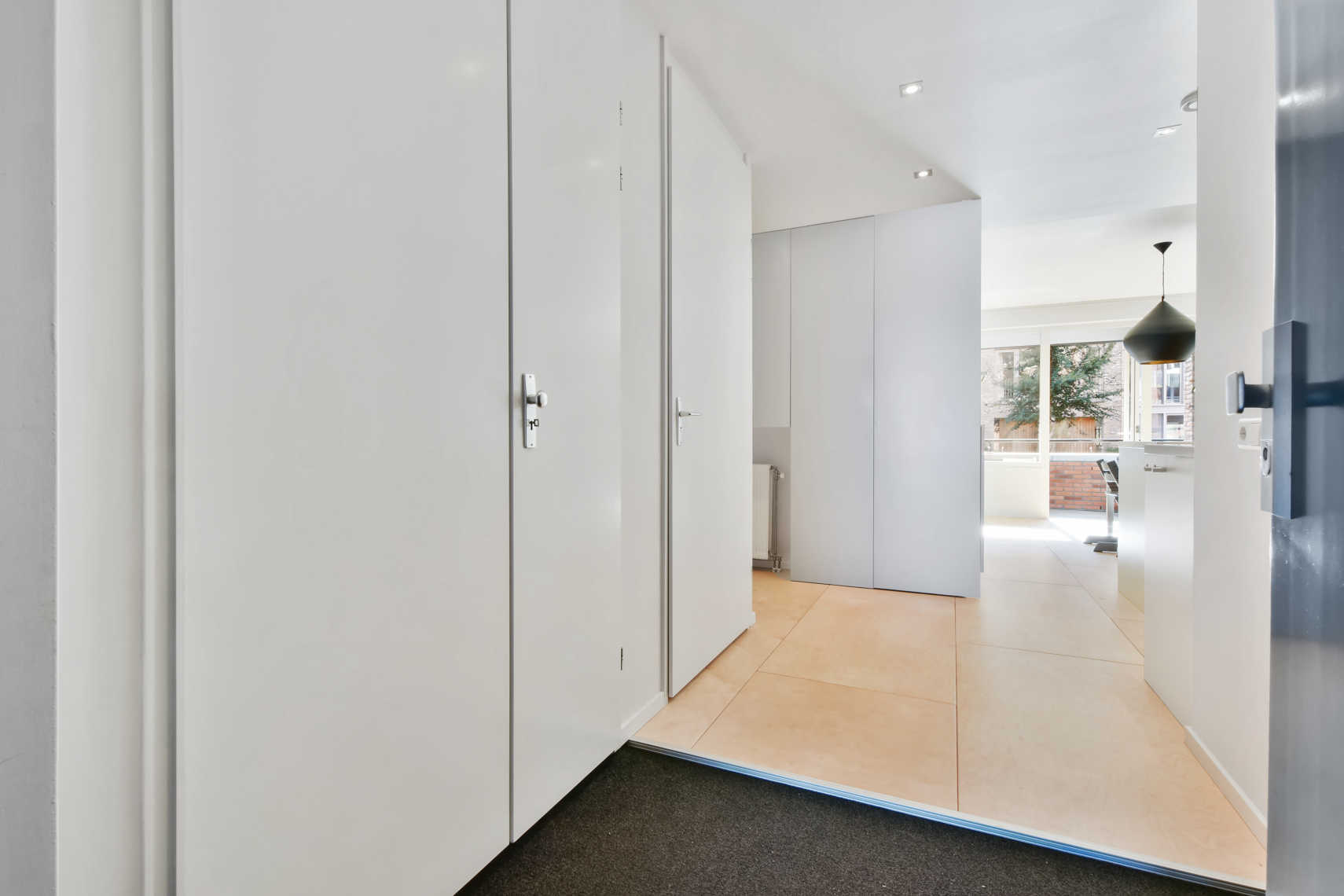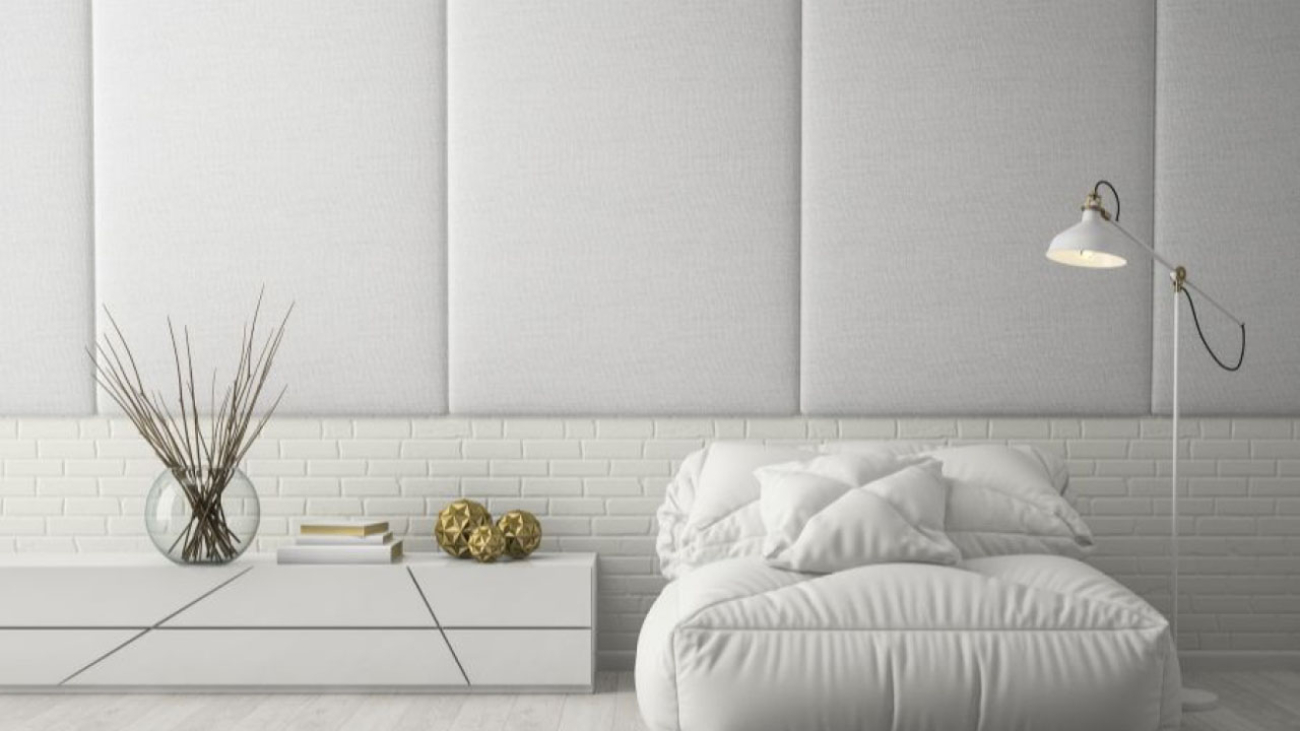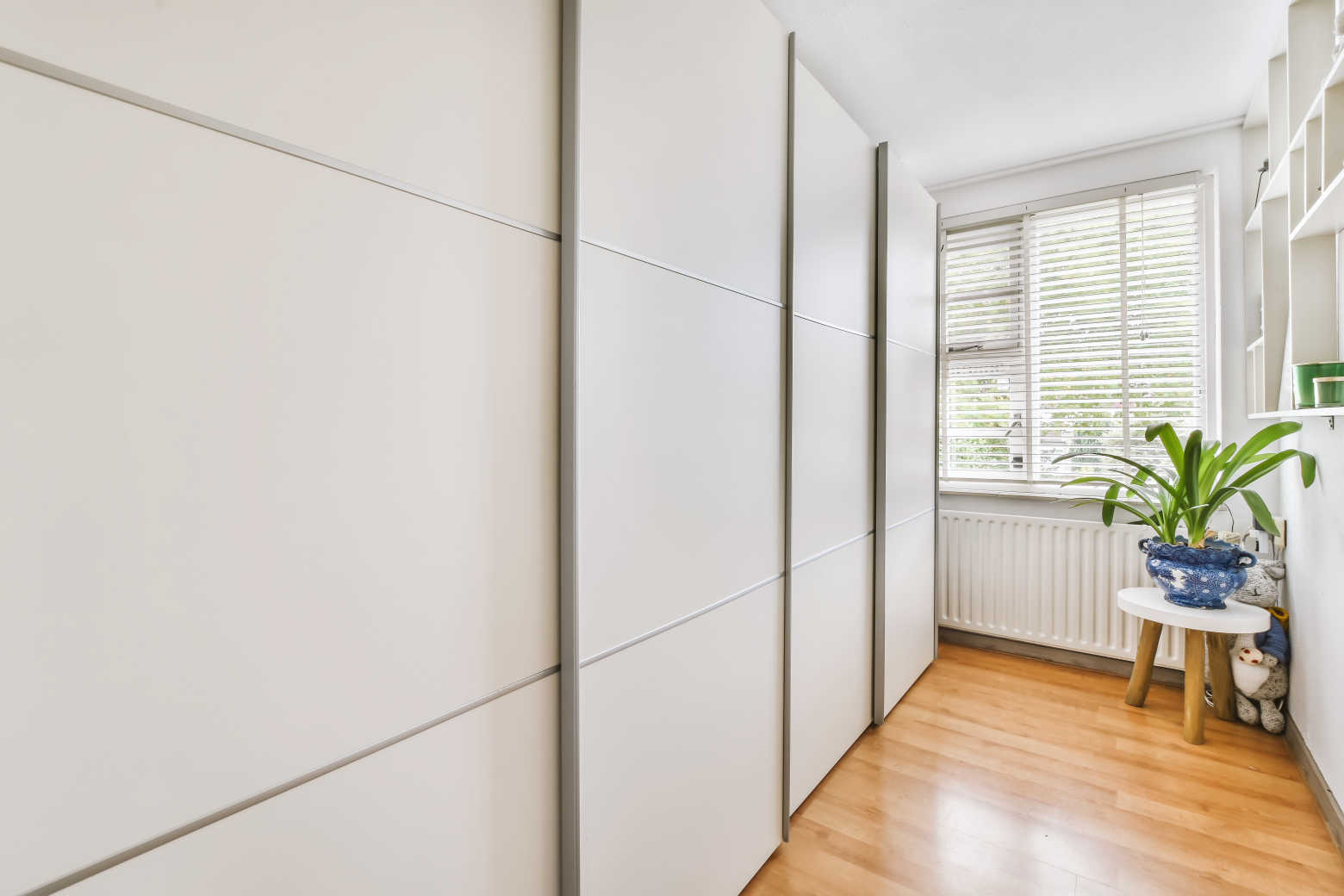Looking to upgrade your mobile home wall panels and create custom interiors that enhance style and functionality? Whether you’re renovating an old space or designing a new one, the right wall panels can make a significant difference in durability, aesthetics, and maintenance. In this guide, we’ll explore different styles, materials, and installation techniques to help you choose the best wall panels for your mobile home.
Why Choose Mobile Home Wall Panels?
Mobile home wall panels offer a practical and stylish solution for interior walls. They provide several benefits, including:
- Durability: Resistant to wear and tear, making them ideal for long-term use.
- Easy Maintenance: Most materials are easy to clean and maintain.
- Affordability: A cost-effective alternative to drywall and traditional walls.
- Customization: Available in various styles, colors, and textures to match custom interiors.
Popular Styles of Mobile Home Wall Panels
1. Vinyl-Coated Panels
Vinyl-coated mobile home wall panels are a popular choice due to their affordability and ease of maintenance. These panels are moisture-resistant, making them ideal for kitchens and bathrooms.
Pros:
- Water-resistant and easy to clean
- Affordable
- Available in various colors and patterns
Cons:
- Can look outdated if not chosen carefully
- Less impact-resistant than other materials
2. Wood Panels
Wood paneling brings warmth and character to custom interiors. Whether you prefer natural wood grain or a painted finish, wood panels add a cozy, rustic charm to mobile homes.
Pros:
- Aesthetic appeal
- Can be painted or stained for customization
- Provides insulation benefits
Cons:
- Requires regular maintenance
- Susceptible to moisture damage
3. Drywall Panels
For a more traditional look, many homeowners choose drywall as an alternative to paneling. It offers a smooth finish that can be painted to match any custom interiors.
Pros:
- Classic appearance
- Can be customized with paint or wallpaper
- Adds a high-end feel to mobile homes
Cons:
- Requires professional installation
- Prone to cracks and damage if not handled properly
4. MDF (Medium-Density Fiberboard) Panels
MDF panels are an affordable option that provides a smooth and uniform surface. They can be painted or laminated to match different design aesthetics.
Pros:
- Budget-friendly
- Versatile in design
- Easy to install
Cons:
- Not water-resistant
- Can be heavy and difficult to move
5. Laminate Panels
Laminate mobile home wall panels offer a modern and sleek look. They come in various finishes, including wood, stone, and glossy surfaces, making them ideal for custom interiors.
Pros:
- Moisture-resistant
- Available in various textures and colors
- Easy to clean
Cons:
- Can be expensive
- Less durable than real wood or drywall
Choosing the Right Material for Your Mobile Home Wall Panels

When selecting mobile home wall panels, consider the following factors:
- Budget: Determine how much you want to spend on materials and installation.
- Aesthetic Preference: Choose a design that complements your interior theme.
- Moisture Resistance: Opt for water-resistant panels in kitchens and bathrooms.
Durability: Consider the lifespan of the material and how much wear and tear it can handle.
How to Install Mobile Home Wall Panels
Installing mobile home wall panels is a straightforward process that can be done as a DIY project or with professional help. Here’s a step-by-step guide:
Step 1: Gather Your Materials
You’ll need:
- Wall panels of your choice
- Measuring tape
- Saw (if panels need trimming)
- Adhesive or screws
- Level
- Caulking gun (for sealing edges)
Step 2: Prepare the Wall Surface
Ensure the wall is clean, dry, and free from debris. Remove old panels if necessary and check for any repairs needed.
Step 3: Measure and Cut Panels
Measure your wall dimensions and cut the panels accordingly. It’s best to leave a small gap at the edges for expansion.
Step 4: Apply Adhesive or Screws
Depending on the panel type, either apply construction adhesive to the back or use screws to attach the panels to wall studs.
Step 5: Secure the Panels
Press the panels firmly onto the wall, ensuring they are level. Use a roller to remove air pockets and ensure adhesion.
Step 6: Seal and Finish
Use caulk to seal any gaps, especially in moisture-prone areas. If necessary, paint or stain the panels to match your custom interiors.
Maintaining Your Mobile Home Wall Panels
To keep your mobile home wall panels in top condition, follow these maintenance tips:
- Regular Cleaning: Wipe with a damp cloth and mild soap to prevent dust buildup.
- Avoid Harsh Chemicals: Some materials may discolor or degrade when exposed to strong cleaning agents.
- Repair Damage Promptly: Small cracks or chips should be fixed immediately to prevent further deterioration.
- Seal Joints: If you have laminate or MDF panels, reseal joints periodically to maintain moisture resistance.
Final Thoughts
Upgrading your mobile home wall panels is an excellent way to enhance your living space and create custom interiors that reflect your style. With various styles, materials, and installation techniques available, you can find the perfect option to suit your needs and budget.
Ready to transform your mobile home? Visit Panneli for a wide selection of high-quality wall panels designed to elevate your interiors!






Add a Comment